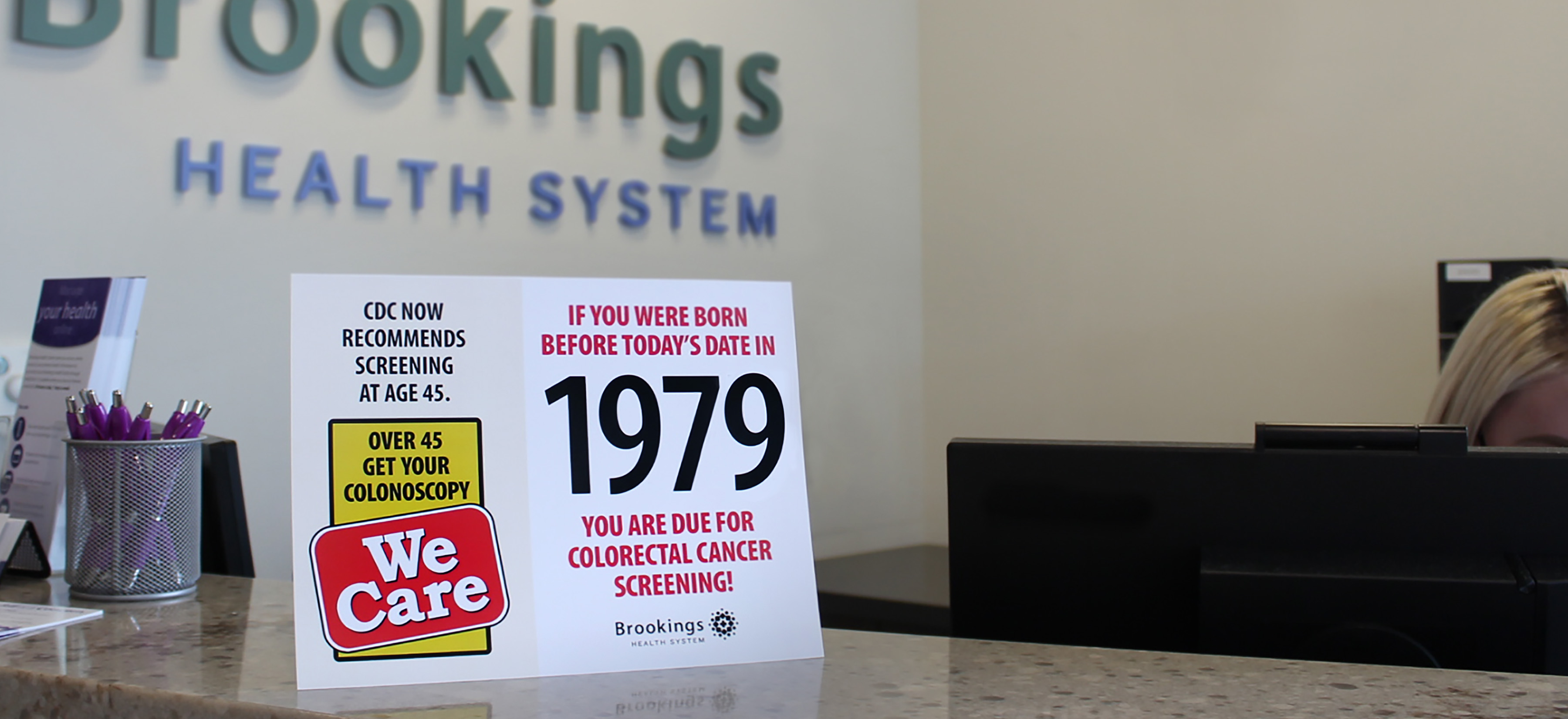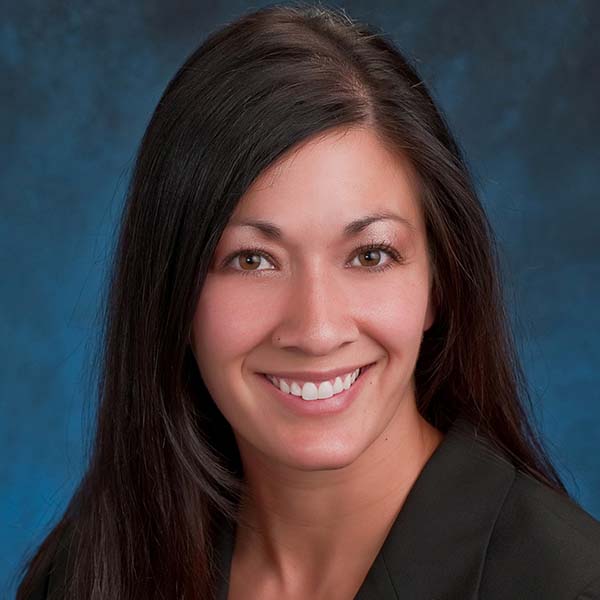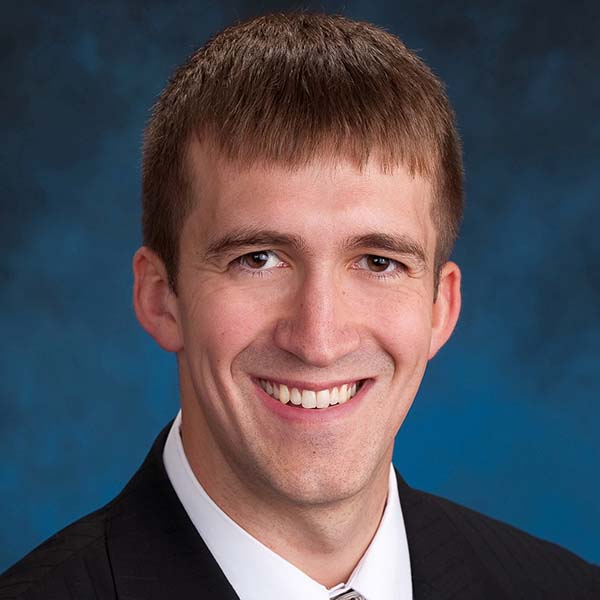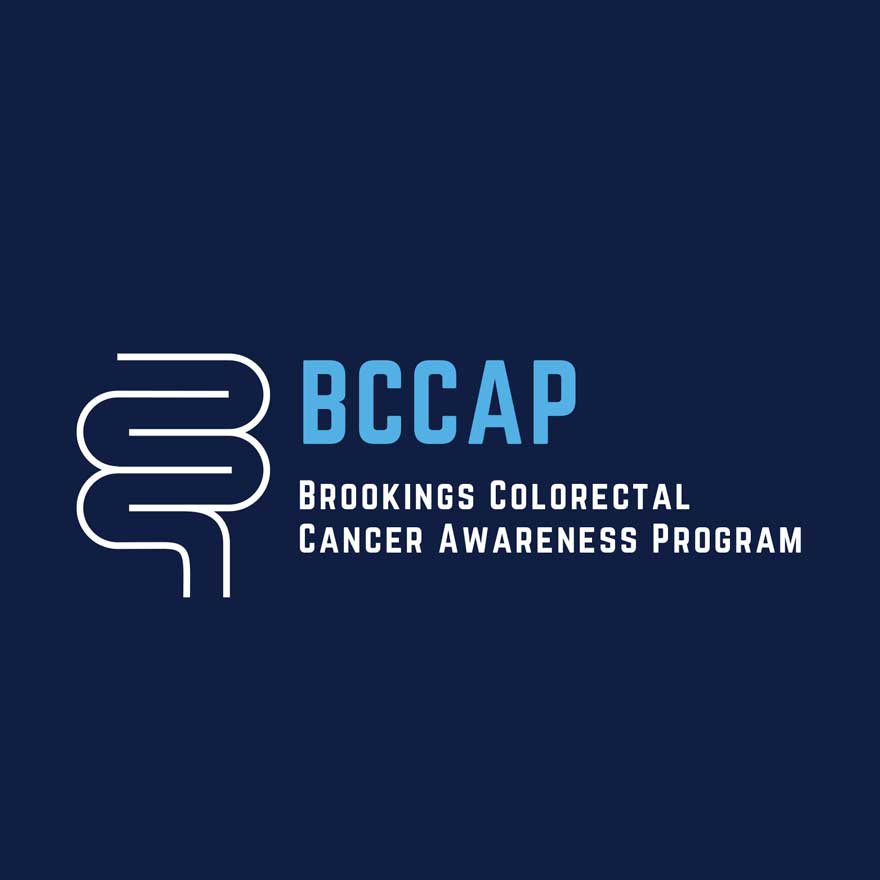Colonoscopy
A colonoscopy is an endoscopic procedure used to screen for colorectal cancer, the common term for colon and rectal cancer. While other colorectal cancer screening methods exist, colonoscopy is considered the "gold standard" because it allows a physician to identify polyps and remove them in the same procedure.
A colonoscopy allows a physician to closely look inside the entire large intestine (colon) and rectum for polyps which could be early signs of cancer. During the exam, the doctor inserts a long, flexible tube with a tiny video camera at its tip into the rectum, allowing the doctor to view the entire colon. The doctor can also remove polyps or other abnormal tissue through the tube if necessary.

Who should have a colonoscopy?
Colon cancer and rectal cancer screening is recommended for both men and women of average risk starting at age 45. Patients with a family history of colorectal cancer and polyps or who are considered high risk should talk with their physician about earlier screenings.
Signs you may need a colonoscopy include:
- Blood in your stool
- Frequent and unattributed pain, aches or cramps in your stomach
- A change in bowel habits, like having stools that are narrower than usual
- Constipation or diarrhea unrelated to recent meals
- Unattributed weight loss
Preparation
Your physician will give you specific directions on how to prepare for your colonoscopy. In general, all solid foods must be emptied from your stomach and bowels by following a clear liquid diet for one to three days before the procedure. Your physician may give you a laxative the night before the colonoscopy to loosen stool and get bowels moving.
Download colonoscopy preparation instructions below based on directions from your physician.
Watch & Learn
Patients from our rural community share their experience with a colonoscopy to let others know how simple the procedure really is. Tim Goodwin shares his “flawless” experience with a colonoscopy from his initial visit to post-procedure.






